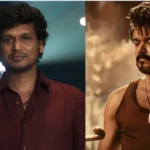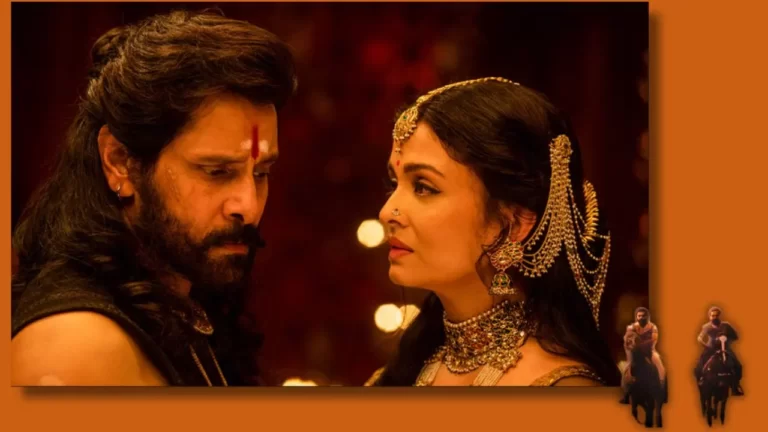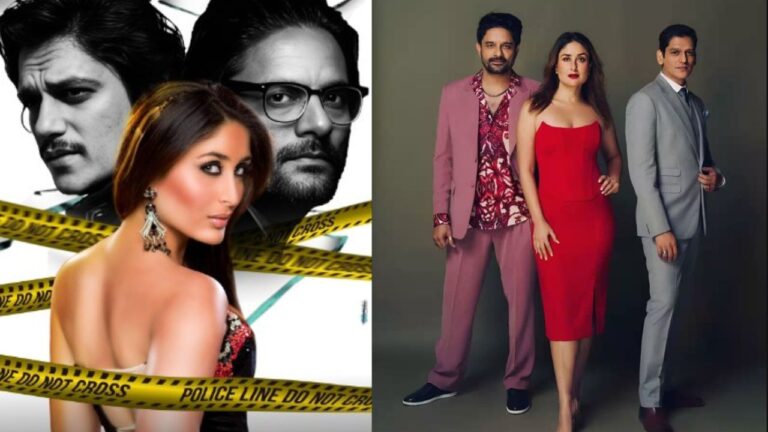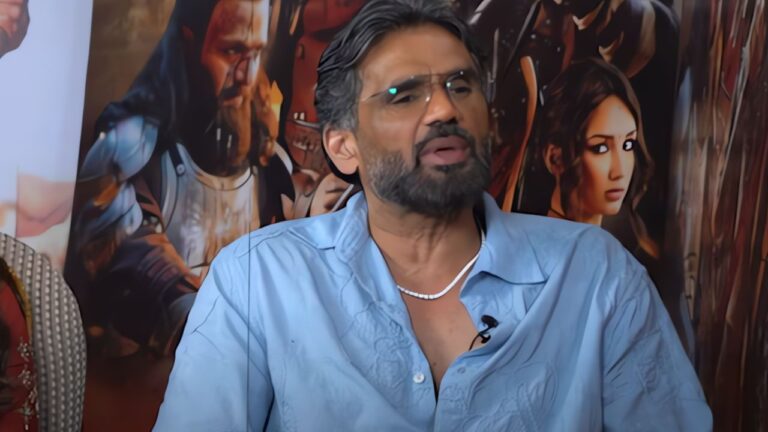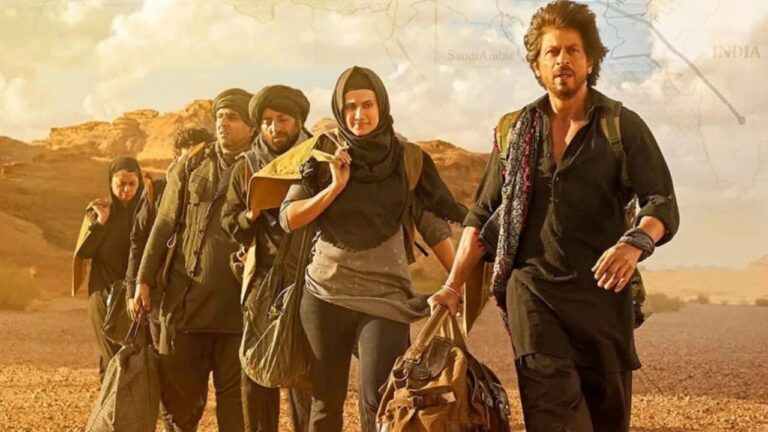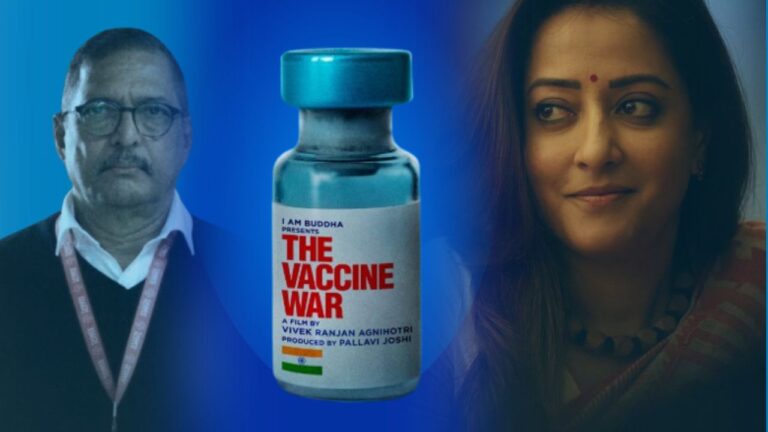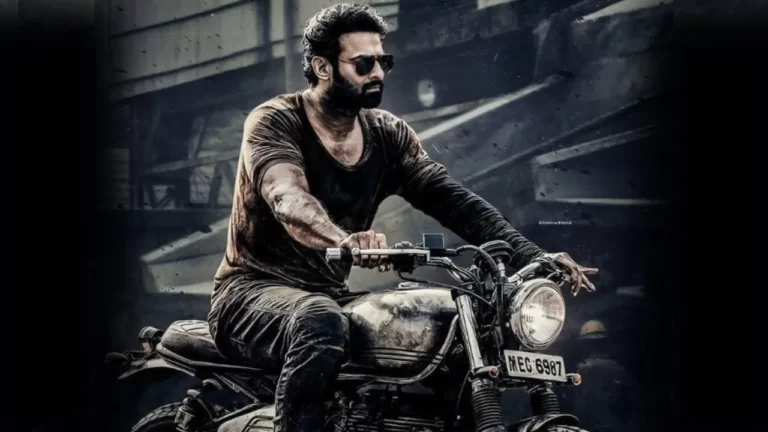Veteran Actor Manoj Kumar Passes Away at 87: A Cinematic Legend’s Final Curtain
On April 3, 2025, the Indian film industry lost one of its most iconic figures—veteran actor, director, and screenwriter Manoj Kumar, fondly known as “Bharat Kumar,” passed away at the age of 87. The news broke early this morning when ANI reported that Kumar breathed his last at Mumbai’s Kokilaben Dhirubhai Ambani Hospital at around 3:30 AM, succumbing to age-related health complications. His son, Kunal Goswami, shared a heartfelt statement: “He has had health-related issues for a long time. It’s the grace of God that he bid adieu to this world peacefully.” Dr. Santosh Shetty, CEO of Kokilaben Hospital, confirmed that Kumar had been hospitalized for several weeks prior to his passing, with his condition deteriorating in recent days.
The announcement sent shockwaves through Bollywood and beyond, with tributes pouring in from fans, filmmakers, and political figures alike. Union Minister Rajnath Singh took to X, writing, “Manoj Kumar ji was a versatile actor who will always be remembered for making films full of patriotism. His unforgettable performances have enriched our culture and endeared him to people across generations.” Filmmaker Ashoke Pandit, visibly emotional, called him “the lion of the Indian film industry” and a “legendary Dadasaheb Phalke award winner,” lamenting the immense void left by his departure. As visuals emerged of mourners gathering outside Kumar’s Mumbai residence, the collective grief underscored the towering legacy of a man who shaped Hindi cinema with his patriotic fervor.
A Life Rooted in Resilience
Born Harikrishna Giri Goswami on July 24, 1937, in Abbottabad (then part of British India, now in Pakistan), Manoj Kumar’s early life was marked by upheaval. The Partition of 1947 forced his family to flee to India, settling in Delhi. This experience of displacement and the struggle for a new beginning would later fuel the patriotic themes that defined his career. Growing up in a modest household, young Harikrishna was drawn to cinema, idolizing stars like Dilip Kumar—so much so that he adopted the screen name “Manoj Kumar” as a tribute to Dilip’s character in the 1949 film Shabnam.
Kumar’s journey into Bollywood began humbly. After graduating from Hindu College, Delhi University, he moved to Bombay (now Mumbai) in the 1950s, chasing his dreams with little more than determination. His debut came with a small role in Fashion (1957), but it was Kaanch Ki Gudiya (1961) opposite Sayeeda Khan that gave him his first taste of recognition. The real breakthrough, however, arrived with Hariyali Aur Rasta (1962), where his earnest charm opposite Mala Sinha won hearts.
The Rise of “Bharat Kumar”
The 1960s catapulted Manoj Kumar into stardom, cementing his reputation as the face of patriotism in Indian cinema. His portrayal of revolutionary Bhagat Singh in Shaheed (1965) was a turning point—not just for his career but for Bollywood’s depiction of national heroes. The film’s success led him to explore directing, and in 1967, he delivered Upkar, a blockbuster that won him a National Film Award and earned him the nickname “Bharat Kumar.” With its stirring songs like “Mere Desh Ki Dharti” and a narrative championing rural India, Upkar struck a chord during a time of post-war national pride.
The ‘70s saw Kumar at his peak. Purab Aur Paschim (1970) tackled cultural identity with a bold East-meets-West narrative, while Roti Kapda Aur Makaan (1974) addressed social inequality with gritty realism—winning him a Filmfare Award for Best Director. His magnum opus, Kranti (1981), a sprawling tale of India’s freedom struggle, showcased his knack for blending entertainment with message-driven storytelling. Along the way, he acted in over 50 films, including hits like Pehchan (1970) and Mera Naam Joker (1970), proving his versatility beyond patriotic roles.
The Ups and Downs
Yet, Kumar’s career wasn’t without turbulence. His unwavering focus on patriotism occasionally pigeonholed him, limiting his range in an industry increasingly drawn to romance and action. The 1980s brought mixed results—while Kranti soared, later directorial efforts like Clerk (1989) flopped, reflecting a disconnect with evolving audience tastes. Off-screen, he faced whispers of being “difficult” to work with, a reputation he later attributed to his perfectionism. “I was intense because I cared,” he once said in an interview, shrugging off the criticism.
Personal struggles added to the narrative. The loss of his younger brother in childhood left a lasting scar, and financial setbacks from costly productions like Kranti reportedly strained his resources. By the 1990s, his output slowed, and he retired from acting in 1999 after Jai Hind. Yet, even in retreat, his influence endured—his films remained staples on television, inspiring new generations.
A Legacy of Honors and Heart
Manoj Kumar’s contributions didn’t go unrecognized. The Government of India honored him with the Padma Shri in 1992 and the prestigious Dadasaheb Phalke Award in 2015, celebrating his lifelong impact on cinema. Seven Filmfare Awards adorned his shelf, a testament to his dual prowess as actor and director. Beyond accolades, his personal life offered stability—married to Shashi Goswami since 1963, he raised two sons, Vishal and Kunal, the latter briefly venturing into acting.
In his later years, Kumar lived quietly in Mumbai, battling health issues that kept him out of the spotlight. His final public years were marked by reflection—he penned articles, shared memories, and watched as his films found renewed love among younger viewers on streaming platforms.
The Final Farewell
Manoj Kumar’s death on April 3, 2025, closes a chapter on an era when cinema was a mirror to a nation’s soul. His passing at Kokilaben Hospital, surrounded by family, was peaceful, a fitting end for a man who lived with purpose. As fans revisit classics like Upkar and Shaheed, and as posts on X echo with lines like “Bharat ka rehne wala hoon, Bharat ki baat sunata hoon,” his voice—both literal and cinematic—resonates still. For a man who turned patriotism into an art form, Manoj Kumar’s legacy is immortal, a beacon of pride in India’s cinematic tapestry. Rest in peace, Bharat Kumar.



